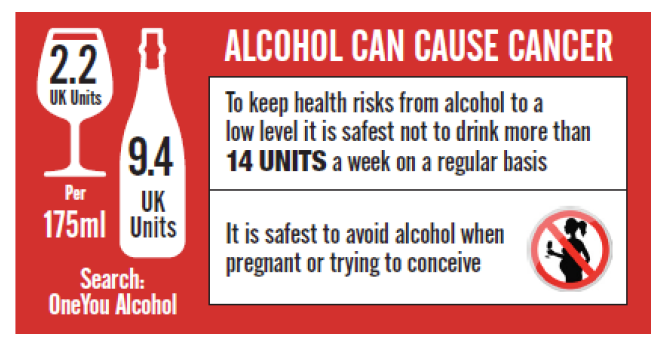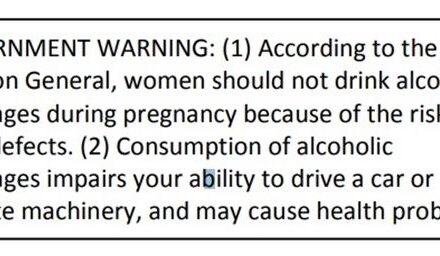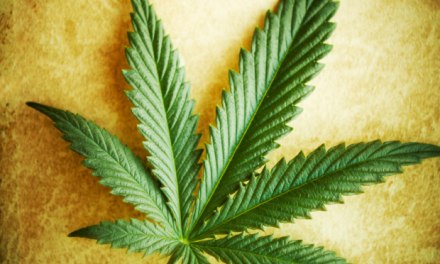A group of eminent physicians have come out in favor of more prominently displaying health warnings on packaging of alcoholic beverages. In particular, they think we should emphasize cancer risk.
Doctors want alcohol warning labels to flag cancer risks
Those risks are real, no question. From a Medscape article:
“…That same US study found that alcohol accounts for ≥45% of oral cavity/pharyngeal cancers and ≥25% of laryngeal cancers, as well as 12.1% of female breast cancers, 11.1% of colorectal cancers, 10.5% of liver cancers, and 7.7% of esophageal cancers…”
And there is evidence that risk can be reduced simply by drinking less. But is that enough in the form of a label on a bottle of whiskey to motivate the drinker to consume less alcohol? That’s an open question.
It reminds me of another trend, in that instance to enhance the impact of warning labels on packs of cigarettes by including gruesome photos of the many medical problems that can result from smoking. The outcomes of that campaign have been mixed at best. An explanation:
Do graphic health warning labels on cigarette packages deter purchases at point-of-sale?
I’m sure this latest group of concerned physicians are fully aware of the opposition that such proposals invariably draw. Not only from within the alcohol industry itself, but from the substantial contingent of drinkers who feel strongly that how much and how often they choose to imbibe is nobody’s damn business but their own.
I don’t think warning labels on packages have much impact on the ten or so percent of drinkers who are addicted to or at least dependent on regular consumption of a certain amount of alcohol. They’re going to experience withdrawal discomfort whenever alcohol isn’t readily available. That will certainly bias their feelings against any effort, however well-meaning, to interrupt their drinking.
Still, experts often feel such campaigns are worth the effort. They argue that more dramatic labels will at least have some deterrent effect on younger drinkers, who are more vulnerable to adverse consequences. It could, they hope, deter them from excessive drinking.
The evidence isn’t clear there, either. Another finding, based on the tobacco experience:
Do cigarette warning labels reduce smoking? Paradoxical effects among adolescents
Nonetheless, the idea of labeling remains popular with the public — and therefore with politicians running for office, and in the popular media. The evidence:
Should Alcohol Have Warning Labels About Cancer Risk? Most Americans Say ‘Yes’
So it could happen. As the experts argued: “We believe Americans deserve the opportunity to make well-informed decisions about their alcohol consumption.”
Is this such an opportunity? Let’s hope it is.













